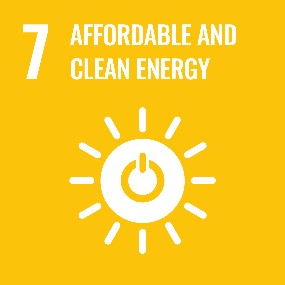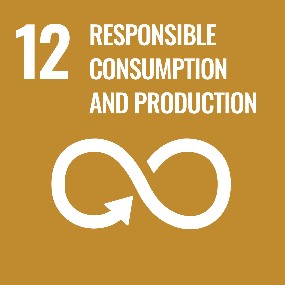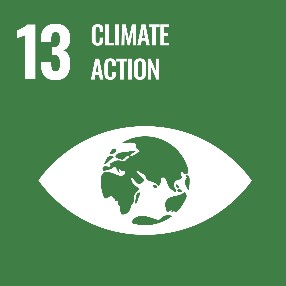Carbon Management
Committed to making efficient and environmentally responsible use of energy, the University achieved its principal carbon reduction target of Scope 1* and 2** CO2e annual emissions to be reduced by 30% by the end of 2019/20 academic year. Our Carbon Management Reduction Target graph shows this progress and further details can be found in our review document, Carbon Management Plan 2017. Our new Carbon Management Action Plan is in development and we continue to work to and report on our SMART targets in line with our Environment Management Systems Manual.
The University continues to monitor and report on its Scope 1 and 2 emissions using a new baseline year of 2018/19. Since this period, we have reduced our emissions year on year with the latest academic year 2020/21 showing a 29% reduction from our baseline carbon footprint of 5,614 (t) CO2e. The latest Energy Consumption Report provides a summary of our energy based emissions and a breakdown of our consumption across the estate.
We continue to work with our supply chain to reduce scope 3*** emissions through the implementation of our sustainability requirements in our procurement process, waste strategy, water management and travel plan. Our 2018/19 baseline emissions for all waste is 16.8 (t)CO2e. In 20/21, we reduced this by 23%. Water supply and treatment emissions in 2018/19 were 136 (t)CO2e. The annual target is to reduce consumption by 5% compared to 2020/21.
As outlined in our original 2018 – 2022 Travel Plan our target was to reduce Single Occupancy Vehicle (SOV) journeys by 20% by 2022, which was achieved in 2021. Our new ‘Sustainable Travel and Parking Action Plan’ looks to focus on increasing sustainable travel such as walking, cycling, public transport and car sharing by 1% year on year until 2028. Details of our progress can be found in our annual Big Green Survey. The latest survey results for Academic Year 23/24 will be available to view in August 2024.
Our achievements:
- Achievement of 2020 Carbon Reduction Target
- Commitment to Net Zero Carbon in Scope 1 & 2 by 2030
- Awarded Salix funding for the development of a Heat Decarbonisation Plan to be completed in March 2022
- BREEAM ‘Very Good’ Certification for our academic buildings (Creative Hub, Learning Hub, Senate) and Student Union.
- Sustainable Travel
- Low carbon heat from Biomass
- District Heat Network at our Waterside campus
- Investors in Environment Green Award
- Embedding of the United Nations SDGs
- 100% Renewable for Business electricity backed by REGOs
*Scope 1 – from direct on-campus combustion of fossil fuels e.g., from gas and biomass combustion for heat.
**Scope 2 – Indirect emissions e.g., from the production of grid electricity.
***Scope 3 – indirect emissions from transport, waste, water consumption and procurement.
United Nations Sustainable Development Goals
We use the United Nations Sustainable Development Goals (SDGs) as a framework to guide our activity. Our carbon management plan is linked to the following SDGs:

Goal 7: Affordable and Clean Energy

Goal 12: Responsible Consumption and Production

Find out more about our impact on the SDGs